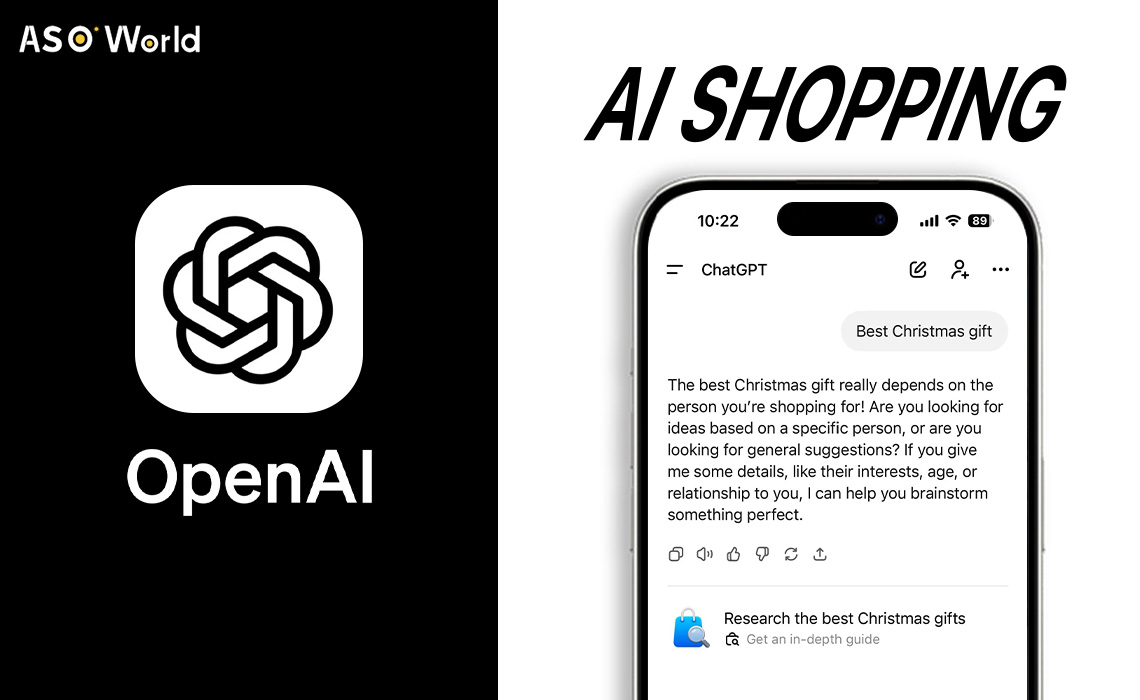OpenAI has unveiled a new AI-powered shopping assistant within its ChatGPT platform, aimed at streamlining the product search experience for users. This innovative tool is designed to assist consumers in finding the right products more swiftly and efficiently by leveraging interactive questioning and real-time online research.
The shopping assistant initiates the process by asking users clarifying questions tailored to their needs, including budget, intended use, preferred brands, and any special requirements. Once users provide these details, ChatGPT conducts a thorough search across multiple online sources, gathering information on product specifications, prices, availability, and customer reviews. The assistant then synthesizes this data into a comprehensive guide, presenting users with options, comparisons, and tailored recommendations that facilitate informed decision-making.
This functionality caters to a wide array of queries, whether users are seeking gift suggestions, high-performance electronics, or budget-friendly home appliances. Integrated within ChatGPT for web and iOS/iPadOS users, the assistant offers accessible and interactive shopping assistance directly through the chat interface. It is capable of handling multiple iterations, allowing users to refine their preferences or alter criteria as they explore various options.
The introduction of this AI shopping assistant holds significant implications for app developers and mobile marketers. It represents a new avenue for user engagement, encouraging developers to enhance their product listings with structured metadata, clear specifications, and comprehensive user reviews. As apps and products that adhere to these standards are more likely to feature prominently in AI-driven recommendations, adjustments to App Store Optimization (ASO) strategies may become essential. Emphasizing rich product content and high-quality feedback could improve visibility in an increasingly AI-centric shopping landscape.
The launch of this feature underscores the convergence of conversational AI with e-commerce, not only simplifying the decision-making process for consumers but also prompting developers to optimize their offerings for visibility and engagement. As AI-driven recommendations gain traction, integrating detailed specifications, user feedback, and other user-centric details will be crucial for maximizing discoverability and conversion rates.
Looking ahead, future iterations of this shopping assistant may leverage behavioral data to further personalize results, potentially transforming how users interact with apps and make purchasing decisions. As the e-commerce landscape evolves, the impact of AI on consumer behavior is likely to grow, paving the way for more tailored shopping experiences.
See also AI Predicts Earthquake Aftershocks Within Seconds, Matching ETAS Model Accuracy
AI Predicts Earthquake Aftershocks Within Seconds, Matching ETAS Model Accuracy New York City Council Passes GUARD Act for AI Transparency and Accountability
New York City Council Passes GUARD Act for AI Transparency and Accountability Gao et al. Transform Lung Cancer Inflammation Index into AI Tool for Colorectal Cancer Risk Assessment
Gao et al. Transform Lung Cancer Inflammation Index into AI Tool for Colorectal Cancer Risk Assessment Vine Relaunches as DiVine with 100K Archived Videos, Bans AI-Generated Content
Vine Relaunches as DiVine with 100K Archived Videos, Bans AI-Generated Content Dtonic Launches AI-Driven ‘Pharmkeeper’ for Enhanced Pharmacy Security and Efficiency
Dtonic Launches AI-Driven ‘Pharmkeeper’ for Enhanced Pharmacy Security and Efficiency






































































